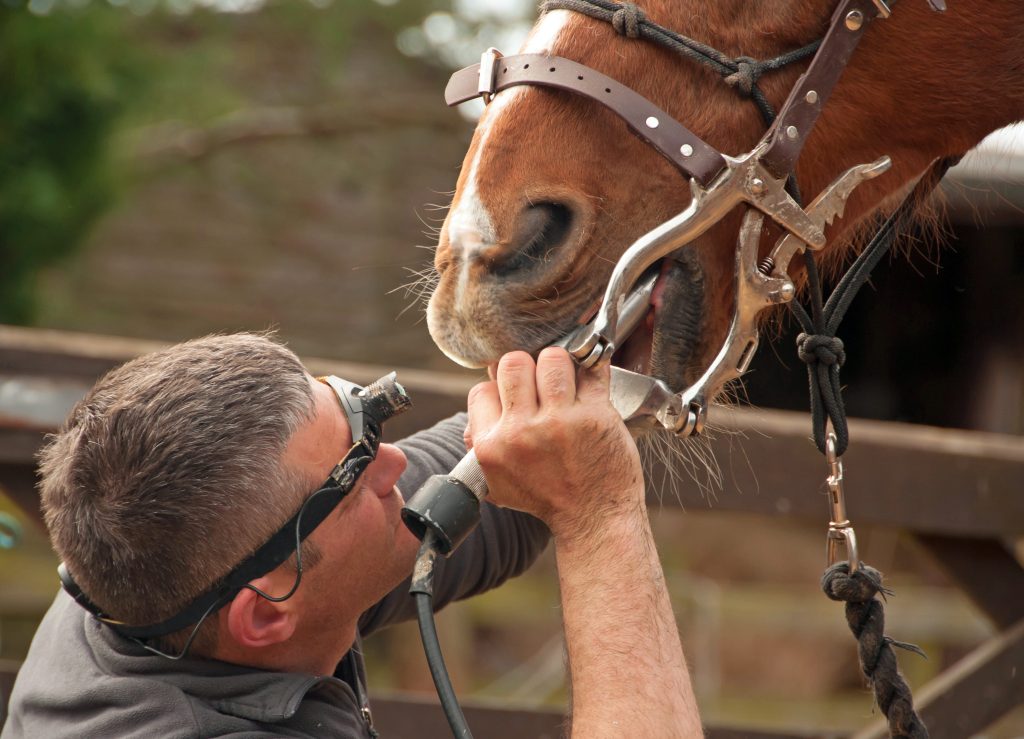Horses, majestic creatures that they are, require diligent care, especially when it comes to their dental health. One common issue that equestrians and horse owners may encounter is a horse tooth abscess. Understanding this condition is vital to ensuring the well-being of your horse. In this article, we will explore the causes, symptoms, and solutions related to a horse tooth abscess, providing you with the knowledge to take proactive steps in maintaining your horse’s dental health.

Understanding Horse Tooth Abscess
A horse tooth abscess is a pocket of pus that forms in a horse’s mouth due to bacterial infection. It typically occurs around the tooth roots and can lead to significant discomfort and health issues if left untreated. Recognizing the signs early can prevent complications and help in maintaining your horse’s overall health.
Causes of Horse Tooth Abscess
The primary cause of a horse tooth abscess is bacterial infection. However, several factors can contribute to this condition, including:
- Dental Wear and Tear: Horses’ teeth constantly grow and wear down. Uneven wear or injury can expose the tooth’s pulp, making it susceptible to infection.
- Gum Disease: Poor dental hygiene can lead to gum disease, which increases the risk of abscess formation.
- Trauma: Injury to the mouth, such as biting on hard objects, can damage teeth and lead to an abscess.
Symptoms of Horse Tooth Abscess
Identifying the symptoms of a horse tooth abscess is crucial for timely treatment. Look out for these signs:
- Swelling: Noticeable swelling on the horse’s face or jaw is a common indicator.
- Bad Breath: An unusual odor from the horse’s mouth may indicate infection.
- Pain: Difficulty eating, head shaking, and resistance to bit pressure may suggest discomfort.
- Discharge: Pus or discharge from the nostrils or mouth can be a sign of an abscess.
Diagnosis and Treatment
If you suspect your horse has a horse tooth abscess, it is essential to seek professional veterinary care. A veterinarian can perform a thorough examination, which may include dental X-rays, to diagnose the condition accurately.
Treatment Options
Treatment typically involves antibiotics to combat the infection, pain management, and sometimes surgical intervention to drain the abscess. In severe cases, tooth extraction may be necessary to prevent further complications. Regular follow-ups and maintaining good oral hygiene are crucial to prevent recurrence.
Preventive Measures
Prevention is always better than cure. Here are some preventive measures to reduce the risk of a horse tooth abscess:
- Regular Dental Check-ups: Schedule routine dental examinations with a qualified equine dentist.
- Proper Feeding: Avoid feeding hard objects or inappropriate foods that may damage teeth.
- Dental Hygiene: Implement a consistent dental care routine. For more on maintaining dental hygiene, visit Horse Dental Hygiene.
The Role of Equine Dentistry
Equine dentistry plays a pivotal role in preventing and managing dental issues in horses. Regular check-ups can help identify potential problems before they develop into serious conditions like a horse tooth abscess. To learn more about the importance of equine dentistry, you can check this resource.
Finding a Qualified Equine Dentist
When selecting an equine dentist, ensure they are experienced and have a good reputation. Recommendations from fellow horse owners or veterinarians can be invaluable. For a comparison between equine dentistry and veterinary care, you might find this Equine Dentistry vs Vet article helpful.
Case Studies
Understanding real-life scenarios can provide insight into managing a horse tooth abscess. Here are a couple of case studies highlighting successful treatments:
Case Study 1: Swift Diagnosis and Treatment
This case involved a horse with a swollen jaw and loss of appetite. A prompt visit to the vet revealed a tooth abscess. Immediate antibiotic treatment and follow-up dental care resolved the issue, restoring the horse’s health.
Case Study 2: Complex Procedure
Another horse presented with a chronic abscess, requiring surgical intervention. Tooth extraction and ongoing care were necessary to prevent recurrence. This highlights the importance of early detection and treatment.
Conclusion
A horse tooth abscess is a serious condition that requires prompt attention and care. By understanding the causes, symptoms, and treatment options, horse owners can take proactive steps to ensure their horses remain healthy and comfortable. Regular dental check-ups and good hygiene practices are essential components of equine care. For further reading on related issues, consider exploring Horse Mouth Ulcers.

FAQs
What is a horse tooth abscess?
A horse tooth abscess is an infection around a horse’s tooth root, causing pus formation and discomfort.
How can I prevent a horse tooth abscess?
Regular dental check-ups and maintaining good oral hygiene can help prevent a horse tooth abscess.
What are the treatment options for a horse tooth abscess?
Treatment may involve antibiotics, pain management, and sometimes surgical intervention, like drainage or tooth extraction.
This article contains affiliate links. We may earn a commission at no extra cost to you.
